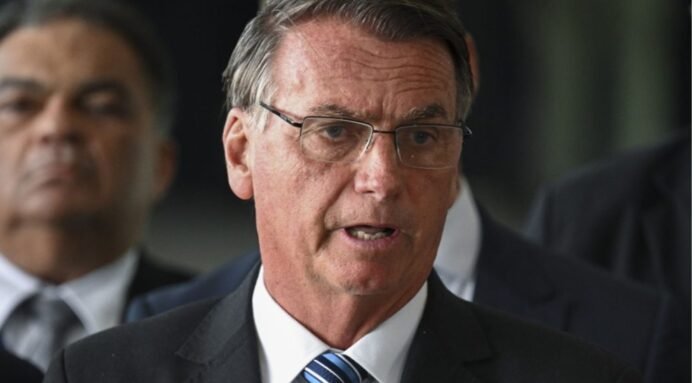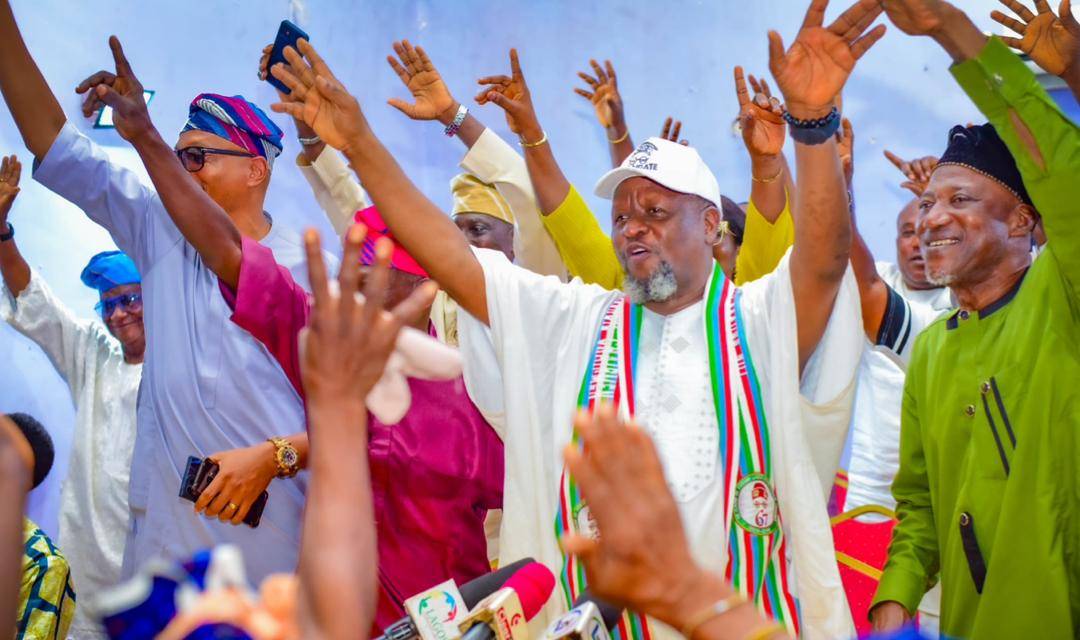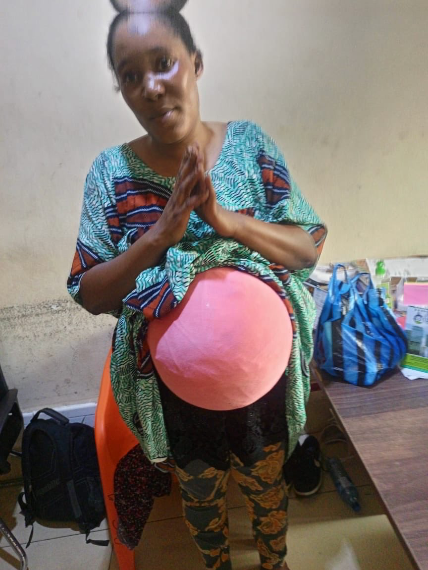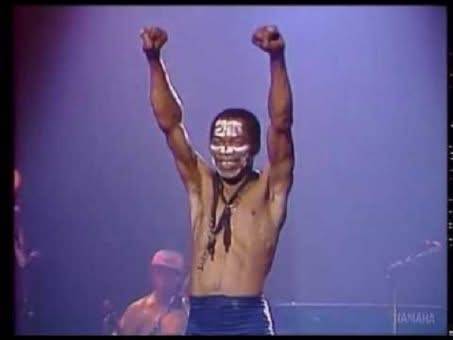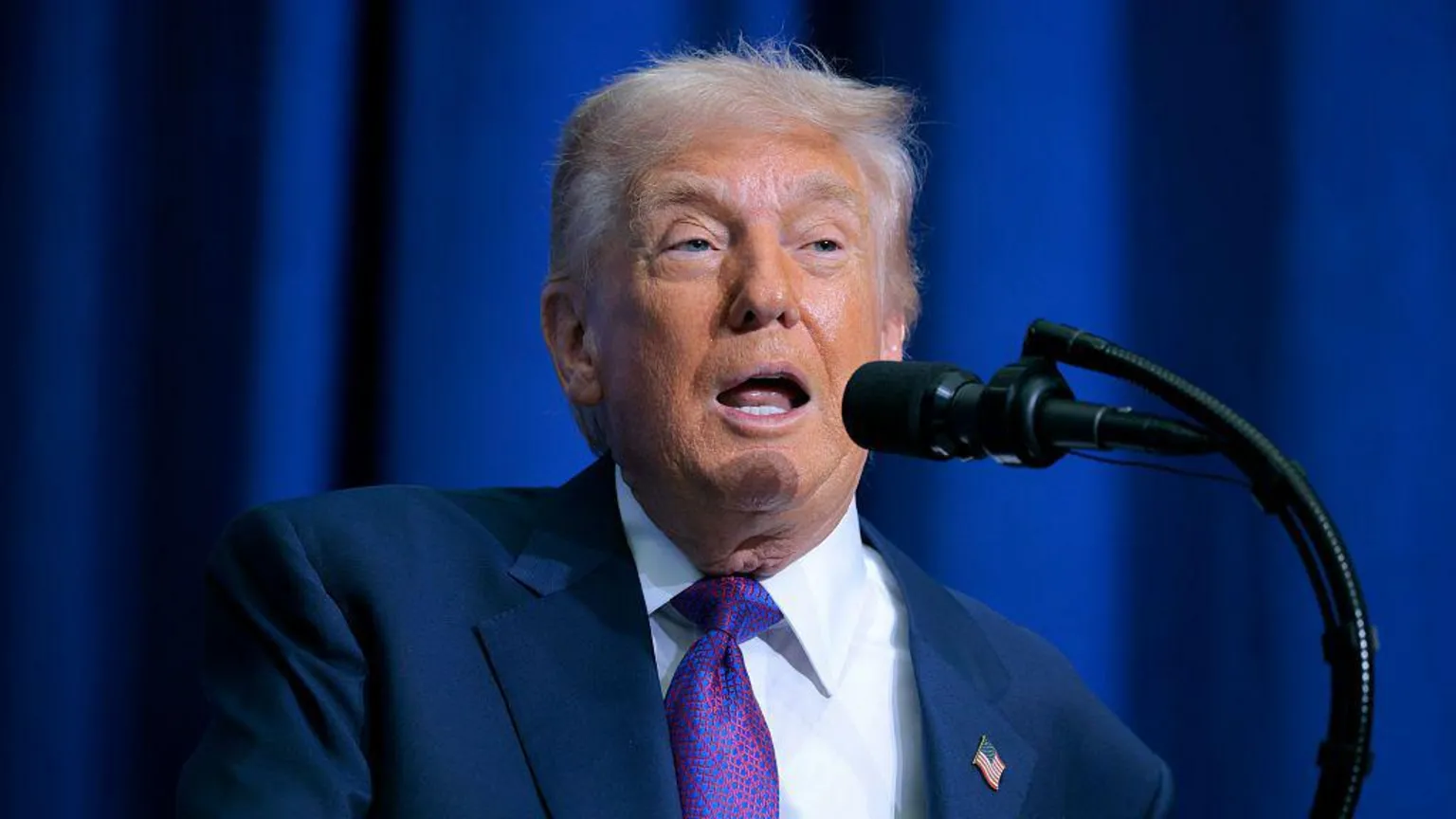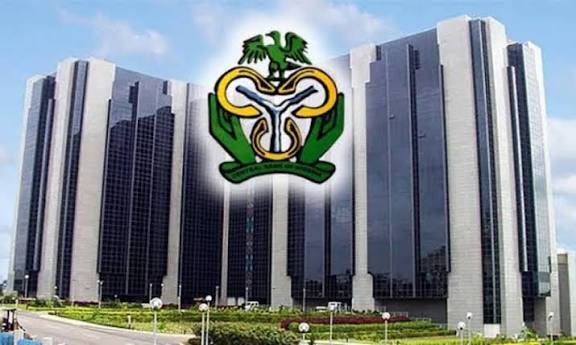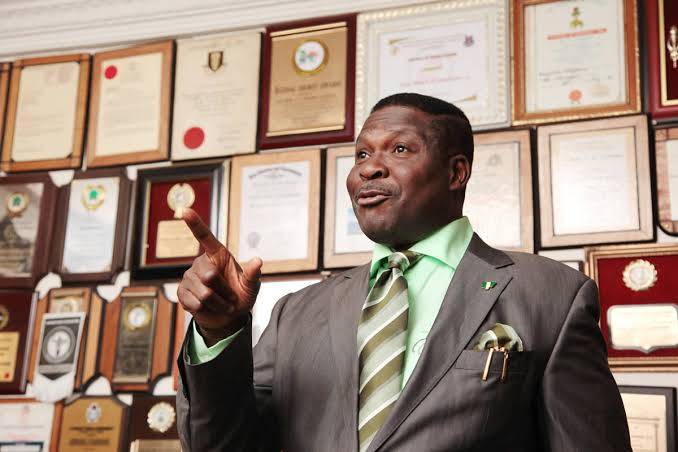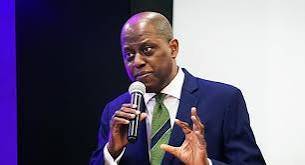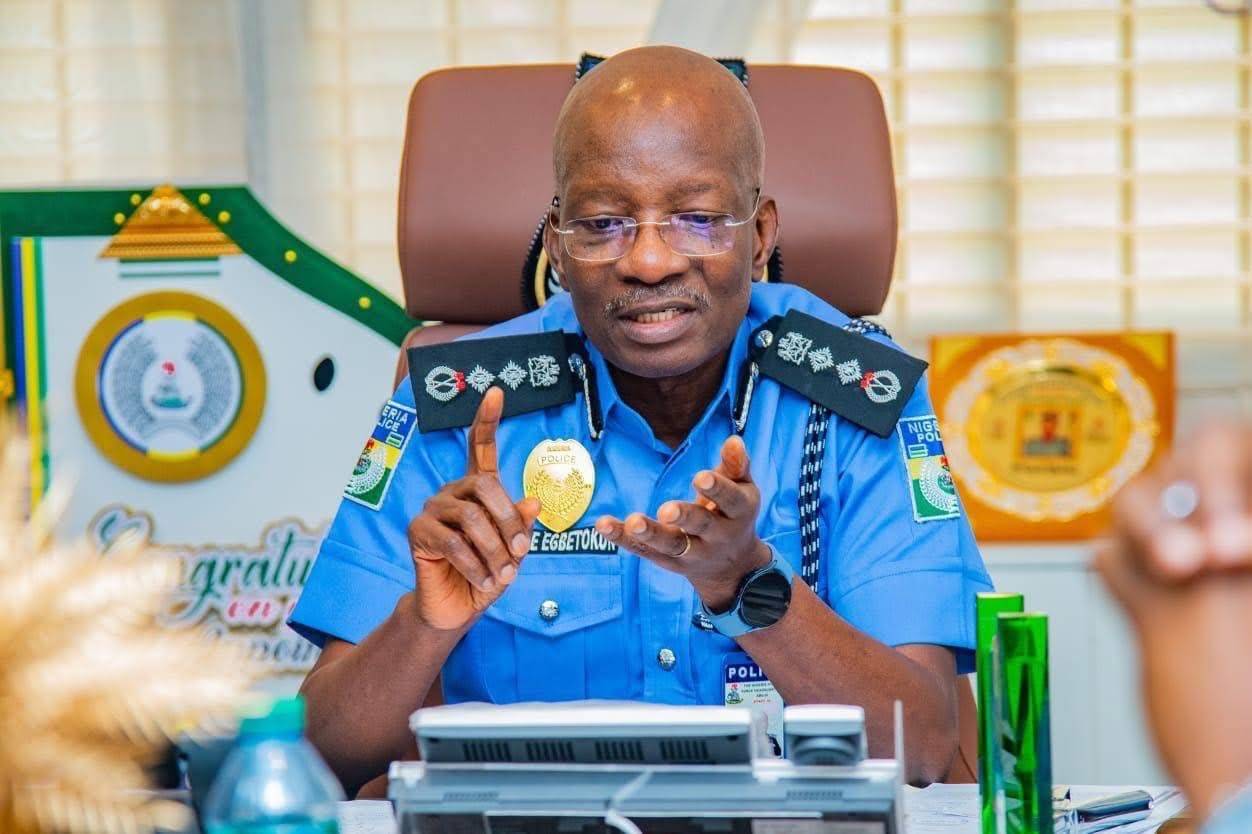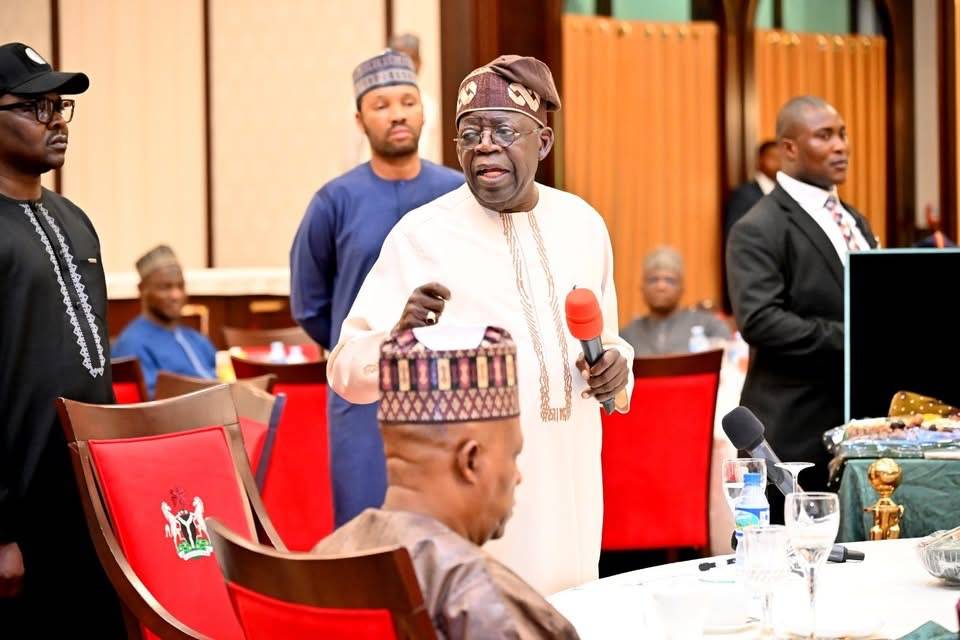President Luiz Inacio Lula da Silva held his first cabinet meeting Friday, vowing to work with Congress and run a government of traditional technocrats to “rebuild” Brazil after the “authoritarianism” of predecessor Jair Bolsonaro.
“We face an arduous but noble task. We’re going to have to leave this country better, healthier and wealthier… with better education and a return to civility,” the veteran leftist, who took office Sunday for a third term, said at the first full meeting of his 37-member cabinet.
“We’ll have to get our hands dirty,” Lula, 77, said in his return to the meeting table at the Planalto Palace in Brasilia.
Lula vowed to fight to “rebuild the country” and protect the Amazon rainforest after four years under far-right Bolsonaro’s “authoritarian government,” which he accused of undermining democracy and blamed for Brazil’s massive Covid-19 death toll, currently almost 700,000.
Lula’s 37 ministers — up from 23 under Bolsonaro — are a diverse, experienced group including 11 women, five black people and two Indigenous Brazilians — another break with the previous government, which was dominated by white men, political outsiders and military generals.
The new administration faces huge challenges in the Latin American power, which is politically polarized after Lula’s divisive October election win, and struggling economically — a far gloomier outlook than the boom years of his first presidency (2003-2010).
Lula, who narrowly won the October 30 runoff election, has already faced some hiccups in his first week, particularly on the economy.
Stocks in Latin America’s biggest economy fell more than three percent Monday, with investors nervous over how Lula will fund his promised social spending, given Brazil’s already overstretched government finances.
Exacerbating market jitters, the new government has had a series of communications glitches.
The administration overruled Finance Minister Fernando Haddad after he tried to put an end to federal fuel-tax cuts introduced by the Bolsonaro administration.
Haddad was worried about the cost of the tax cuts — an estimated $10.3 billion in this year’s government budget.
AFP


